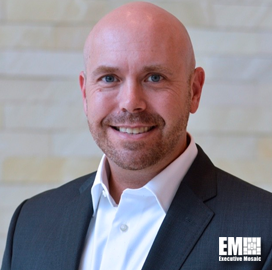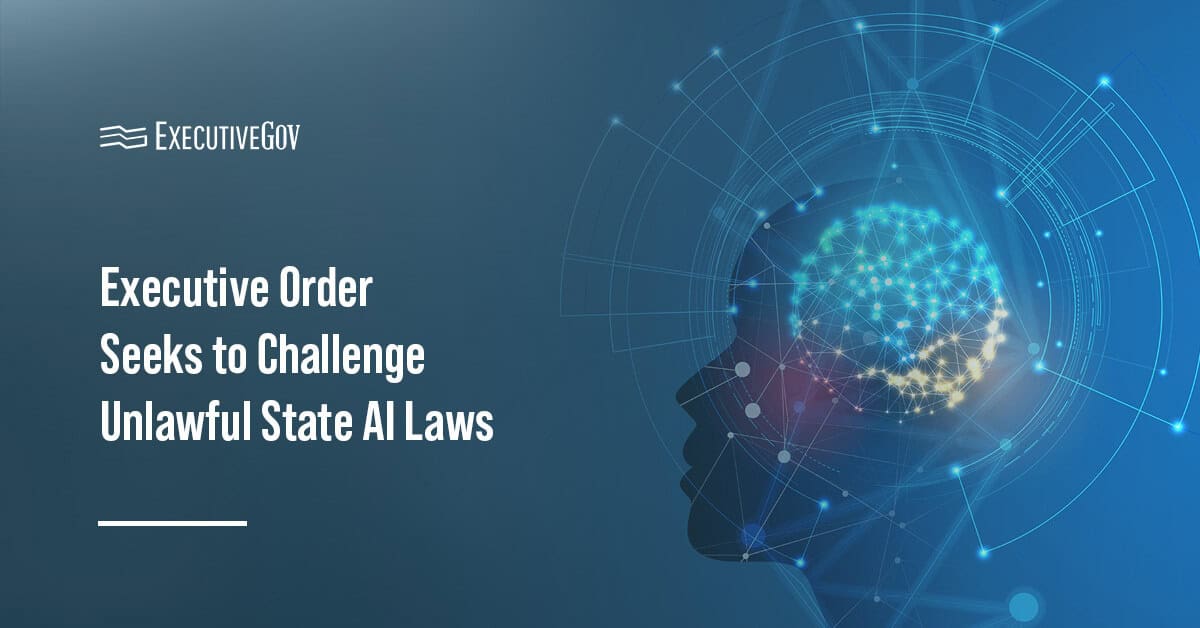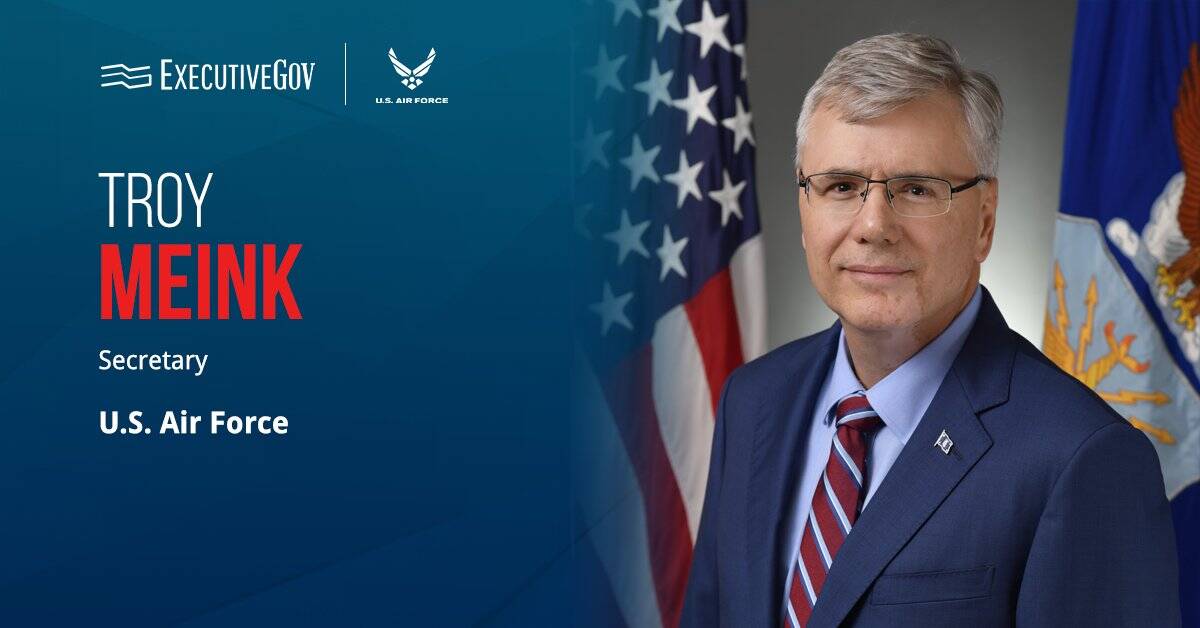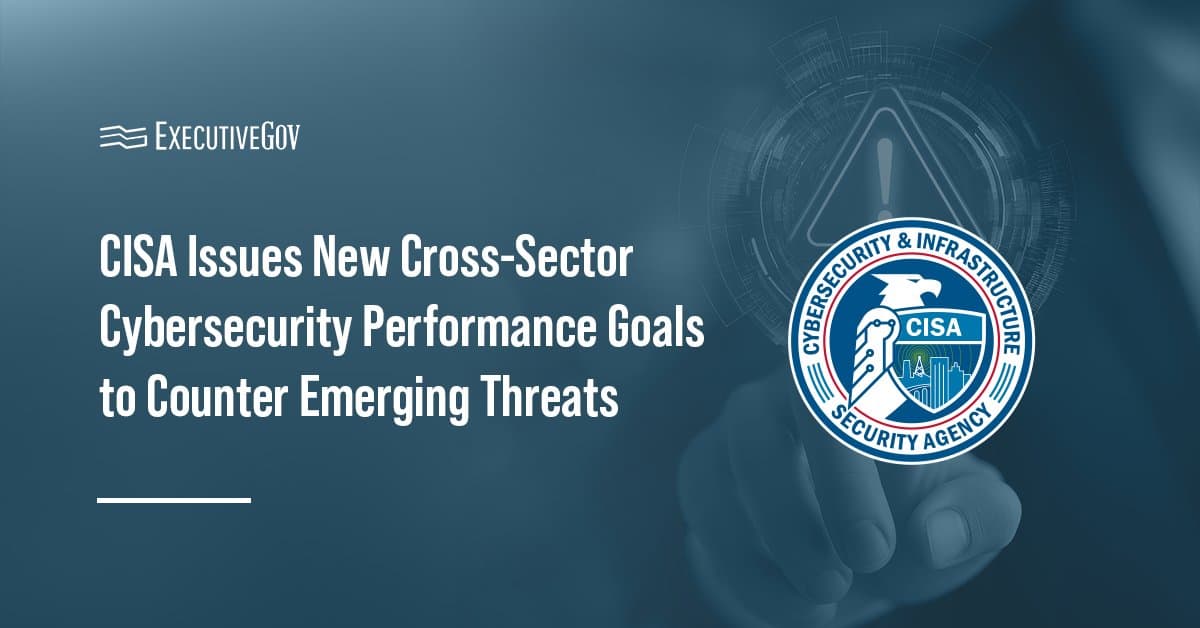Palo Alto Networks has issued the results of a survey discussing ransomware threats and various companies’ perspectives on cybersecurity breaches in today’s digital climate.
The survey polled information technology officials at the state and local level and in the education field and was conducted with the Center for Digital Government, the Santa Clara, California-based company said Tuesday.
According to the survey, almost 80 percent of respondents identified ransomware as a significant threat to their enterprise and sensed it would not be going away in the next 12 to 18 months. However, only 47 percent of those polled reported having a plan in place to combat a potential ransomware attack.
“Ransomware is a threat that isn’t going away, and being prepared for an inevitable cyberattack needs to be a top priority for public entities,” said Matthew Schneider, vice president of state, local and education at Palo Alto Networks.
A plurality of the survey’s respondents stressed establishing security protections for home networks and growing IT and security task forces as being important steps to achieving a more secure state of operations.
Palo Alto’s threat intelligence unit estimates that the average ransom amount paid to extortionists in the U.S., Canada and Europe more than doubled between 2019 and 2020, from $115,123 to $312,493. The organization also said the attacks are occurring with greater frequency and in more complex forms.
While based on this timeframe it would seem that the pandemic’s effect on work life might be a contributing factor in the influx of cyberattacks, survey respondents weren’t so sure. 30 percent reported they did not know if working remotely had caused data breaches, ransomware attacks or related threats.
Mike Hurt, vice president of federal at Palo Alto Networks, recently sat down with ExecutiveBiz for a spotlight interview. During the conversation, Hurt spoke about his views on cybersecurity and data protection.
“My recommendation to the federal government is to not think about cybersecurity in silos. You need technologies that communicate across the cloud and network and have highly integrated cyber defense systems,” Hurt stated.
He also said one key variable at play was that perpetrators are working at machine speed, so automation and artificial intelligence strategies are important to bring in to defend against the breaches.





